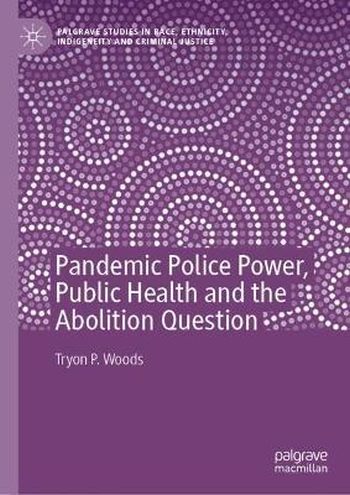
This book critically explores how police power manifested beyond criminal law into the field of public health during the pandemic. Whilst people were engaged with anti-police violence protests, particularly in the US, they were being policed openly and notoriously by the government and medical science in the public health arena. The book explores how public health policing might be an abuse of constitutional power and encourages the abolition question to be applied consistently to the state's discourse in the area of public health, as black people the world over continue to bear a disproportionate cost burden for public health policies.
The chapters explore contemporary policing in terms of the historical context of slavery, the growth of the police and prison abolition movement and how this should be applied more widely, and how police power operates throughout society beyond the criminal justice system, in finance, technology, housing, education, and in medicine and health science. It seeks to re-examine our relationship to health sovereignty and the police power more fundamentally. It provides insights into the convergence of policing and social control of humans and argues that the most normative response is abolition.